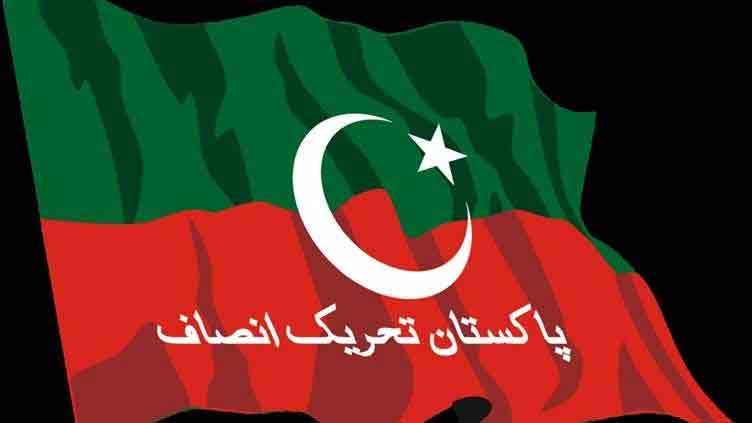Mubashar Nadeem
A close look at the journey of Pakistan Tehreek-e-Insaf (PTI) reveals a party whose identity has long been shaped by street protest and popular mobilization. However, the events of May 9 and the subsequent state crackdown have challenged not only PTI’s political prospects, but the broader narrative of Pakistani democracy itself. The wave of judicial decisions—especially the anti-terrorism court’s sentencing of Dr. Yasmin Rashid, Omar Sarfraz Cheema, Mian Mehmoodur Rasheed, and others to ten years in prison—sends a message that goes beyond the strict enforcement of law; it is a powerful political signal as well.
These court rulings show that the situation has moved far past the realm of protest politics. PTI now faces a fundamental question: can it secure its political future through agitation alone, or must it also engage seriously in legal, institutional, and intellectual arenas?
Judicial Decisions: Law and Politics Intertwined
Following the violence on May 9, 2023, a sweeping crackdown targeted dozens of individuals accused of attacking military installations. At first, it seemed these actions would be limited to grassroots activists, but it quickly expanded to include top party leaders—among them Dr. Yasmin Rashid, a respected gynaecologist and former health minister. The convicted were found guilty of “planning,” “incitement,” and “spreading hatred against state institutions.” While there is room for appeal in higher courts, the political and psychological impact is profound.
Beyond Protests: PTI’s Next Steps
Until now, PTI’s strategy has centered on mass mobilization, crafting narratives, and direct engagement with the public. But the state’s forceful response and tightening legal grip mean that protest alone can no longer ensure the party’s relevance. The government has made it clear: crossing certain “red lines” comes at a steep price—one that cannot simply be reversed through popularity.
It’s time for PTI to chart a new course—one grounded in legal expertise, constitutional engagement, and institutional reform. While protest may capture headlines, effective political struggle now requires a return to constitutional institutions and a renewed focus on parliamentary engagement.
Rethinking the Political Narrative
PTI’s original message—rooted in justice, accountability, and national sovereignty—now faces serious scrutiny. Can this narrative still unite public sentiment? Is the party able to reposition its vision within legal, ethical, and democratic bounds? Or must PTI recalibrate its tone, tactics, and rhetoric to craft a more balanced, constructive agenda?
PTI’s highly emotional, confrontational style and its perceived antagonism toward institutions have isolated it from key state organs. If this divide widens, the party risks losing its ability to survive on popular sentiment alone. What is needed now is a thoughtful, solution-oriented political narrative that fosters dialogue rather than division.
A Legal Strategy Is Now Essential
Recent court decisions underscore that legal battles must be taken seriously. PTI has at times neglected or openly criticized the courts; now, it must develop a coherent, technical legal defense in higher courts—using skilled legal teams, robust evidence, and constitutional arguments to highlight the political nature of recent verdicts. Failure to do so will gradually sideline senior party leadership and concentrate the party’s burdens on a shrinking circle.
A Future Built on Institutional Engagement
PTI must now move beyond its “protest identity” and embrace an “institutional identity.” The party should reach out to civil society, the legal community, journalists, educators, students, and business leaders to build a new culture of political dialogue. Preparing for elections, focusing on policy development, and nurturing young leadership must become top priorities.
Without meaningful engagement with parliament, courts, and media, no political party can ensure long-term survival.
Conclusion: Political Survival Demands More Than Protest
PTI’s struggle for survival can no longer be won with slogans and rallies alone. The party has reached a stage where every step must be carefully considered. Court rulings are not just legal verdicts—they are also political signals. If ignored, PTI risks fading into the margins of history.
Protest is a tool, not the destination. The true goal is a political journey where strategic thinking, legal wisdom, and public awareness move forward together. If PTI fails to adapt to this new reality, time itself will move on—leaving only those parties that learn and evolve with changing times in the pages of history.
















